According to Yonhap news agency, the South Korean government recently announced that students who bully at school in the country will have their disciplinary records kept until they apply for university admission. This measure will be implemented starting in 2026.
The government will also double the mandatory retention period for disciplinary records of serious bullying cases to four years, so that these cases will be disadvantaged in recruitment and university admissions. This is to ensure that perpetrators cannot hide their bullying history and bear heavy responsibilities even after graduating from high school.
Currently, Korean universities only consider grades, attendance, extracurricular achievements, and teacher recommendations. Under the new measure, schools will have to carefully review disciplinary records in addition to students’ transcripts throughout their high school years. Some universities plan to voluntarily adopt the new measure starting in 2025.
The new measures were introduced by the Korean government in the context of the public's special concern about GBV. At the end of February, just one day after being appointed, Mr. Chung Sun-sin had to resign as Director of the National Investigation Agency when information was revealed that his son had verbally abused his classmates at high school for 8 months. After Mr. Chung Sun-sin resigned, South Korean President Yoon Suk-yeol asked the country's Ministryof Education to immediately address GBV. "GBV must be eliminated from all schools," Mr. Yoon Suk-yeol emphasized.
In 2004, South Korea enacted a special law to prevent bullying. Under the law, bullying prevention committees were established in public schools across the country. However, these committees have been ineffective. According to The Korea Times, one reason is that most of the members do not have legal expertise. Nearly half of the committee members are parents, while the rest are teachers and officials from local education offices. In addition, the committees' decisions lack legal authority. This is a weakness that bullies and their guardians take advantage of to protest the decisions in order to avoid having their bullying behavior recorded on their school records.
According to The Korea Herald, many studies have shown that childhood abuse can have serious lifelong consequences for victims, both physically and mentally. Verbal abuse can make victims more susceptible to psychological disorders as adults. Nowadays, child abuse has taken on new forms, especially through the internet.
“Violence in the world that adults do not know about is increasing, such as attacking victims through deepfake technology that edits victims’ faces into offensive images or mocking them through anonymous chat apps,” said Choi Woo-sung, director of the Research Center for Preventing Child Abuse.
Some perpetrators of child sexual abuse go on to achieve success in their careers, while the victims suffer lasting pain. The Korean television and sports industries have seen a wave of exposure of past abuse and bullying by celebrities. “Child sexual abuse victims are traumatized again when they see their bullies on TV, especially those who have never been punished or offered a sincere apology for their wrongdoing,” said Koo Jeong-woo, a sociology professor at Sungkyunkwan University. Meanwhile, according to Noh Yoon-ho, a lawyer specializing in child sexual abuse, what victims want is a sincere apology from the bully and a return to normal life with assurances that such violence will not happen again.
Chung Jae-joon, director of the Korea Institute for the Prevention of Domestic Violence, called on the government to increase the number of school police officers responsible for handling domestic violence and managing students involved in conflicts. “According to statistics, on average, one police officer is in charge of 15 schools in Korea, while in the US , about 67% of schools have a single police officer in charge. Schools in Korea still do not have the ability to respond quickly to violence,” Chung Jae-joon assessed.
LAM ANH
Source


![[Photo] General Secretary To Lam works with the Central Inspection Commission](https://vphoto.vietnam.vn/thumb/1200x675/vietnam/resource/IMAGE/2025/5/22/54820e91fd124c4cb691961718c4ee5d)


![[Photo] Determining the pairs in the team semi-finals of the National Table Tennis Championship of Nhan Dan Newspaper](https://vphoto.vietnam.vn/thumb/1200x675/vietnam/resource/IMAGE/2025/5/21/eacbf7ae6a59497e9ae5da8e63d227bf)
![[Photo] Prime Minister Pham Minh Chinh attends the groundbreaking ceremony of Trump International Hung Yen Project](https://vphoto.vietnam.vn/thumb/1200x675/vietnam/resource/IMAGE/2025/5/21/ca84b87a74da4cddb2992a86966284cf)

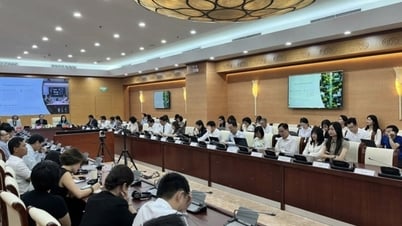

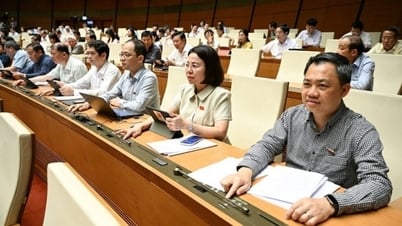

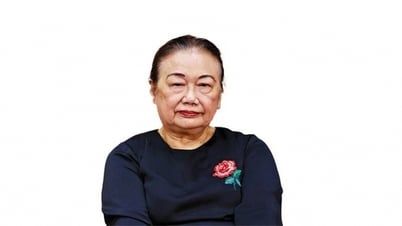

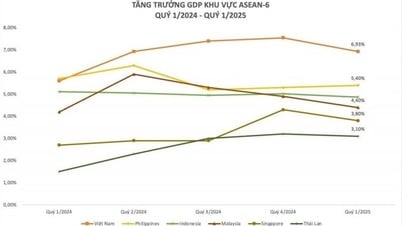





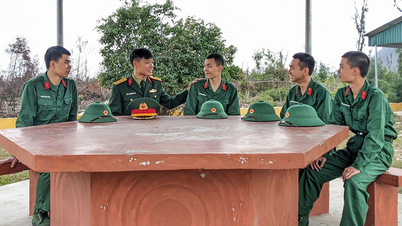

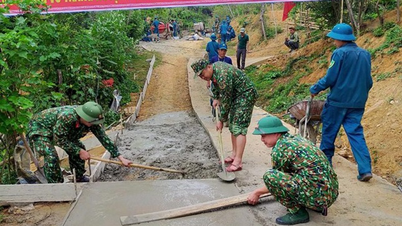
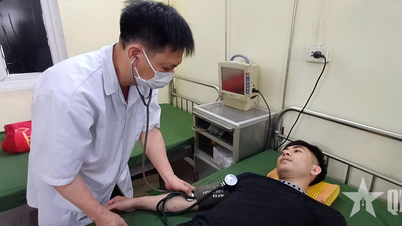
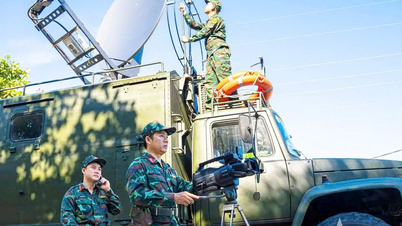

































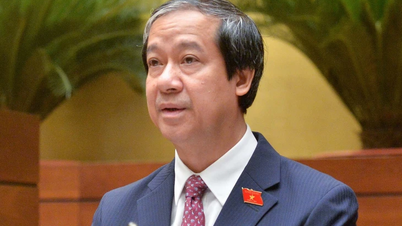

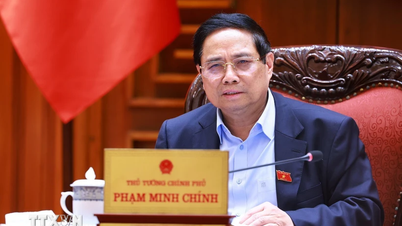


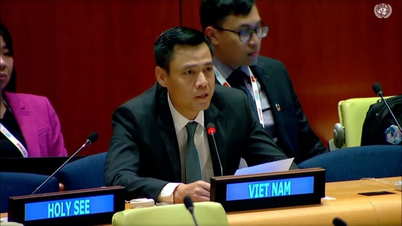
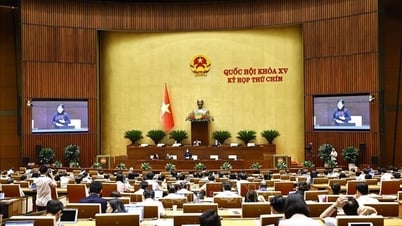

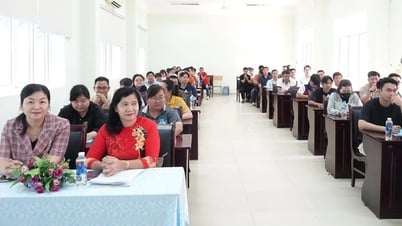





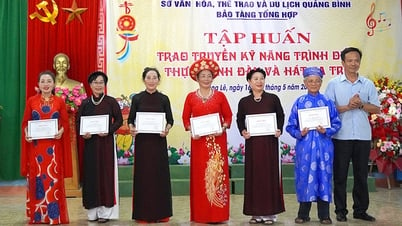







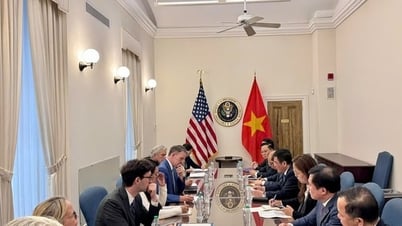
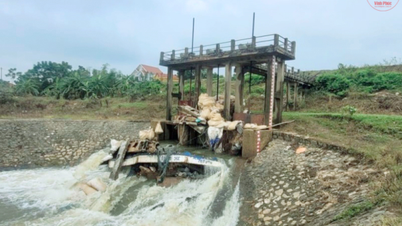



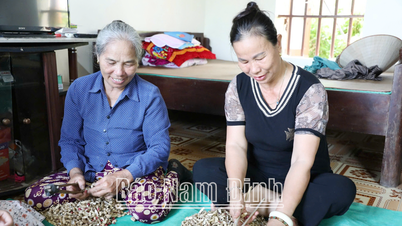









Comment (0)